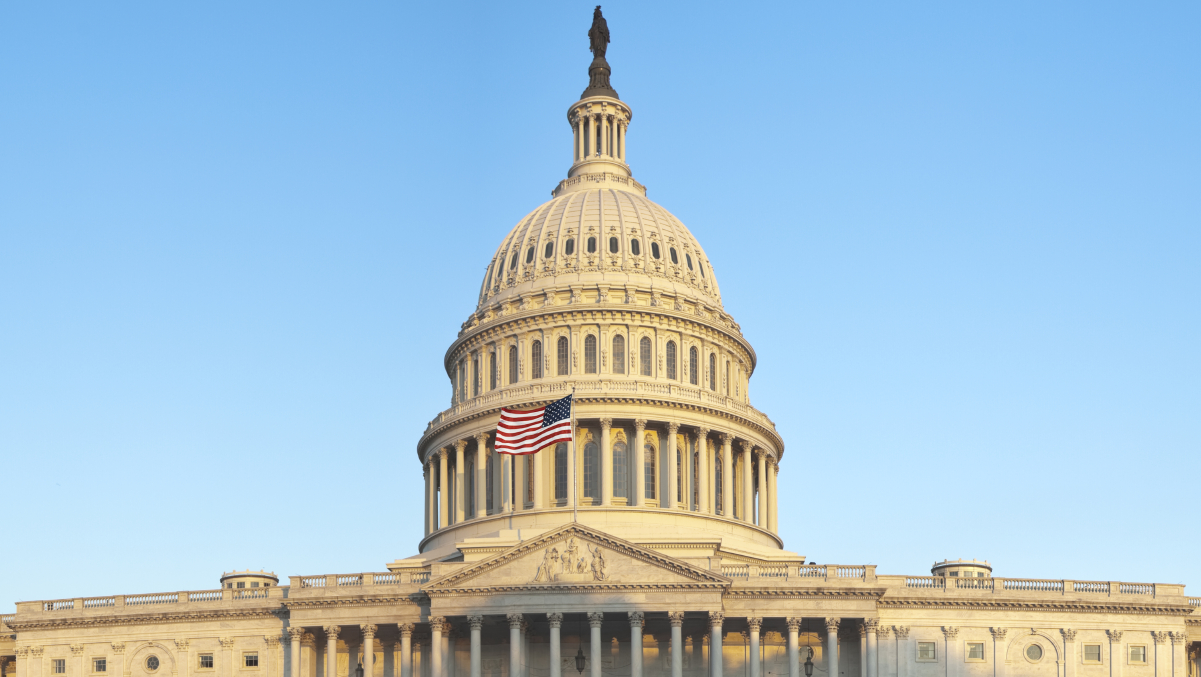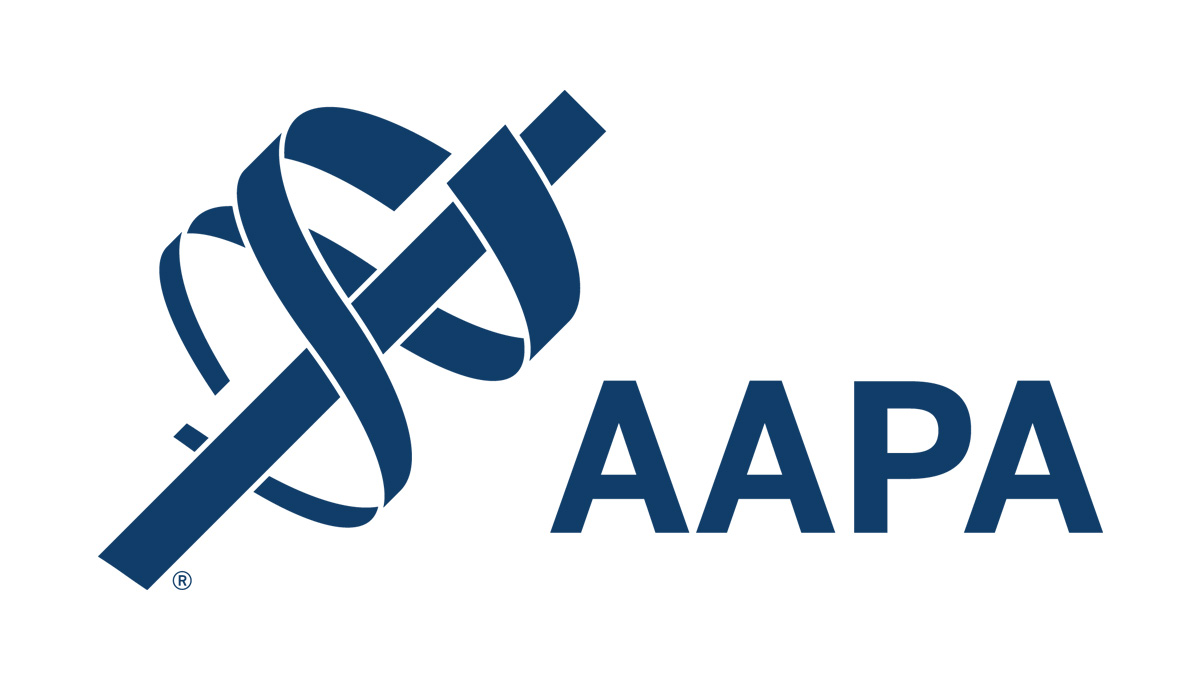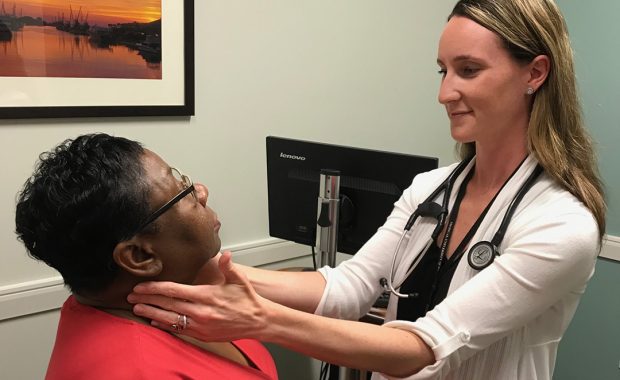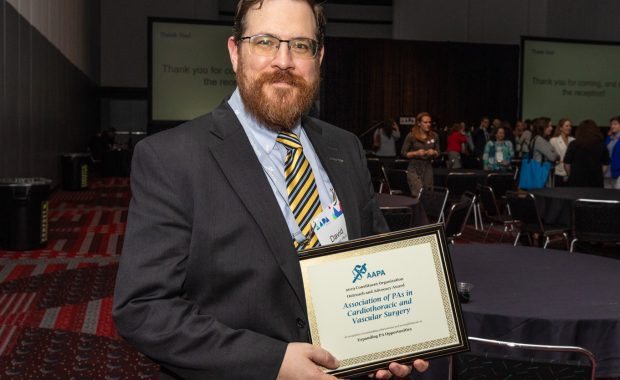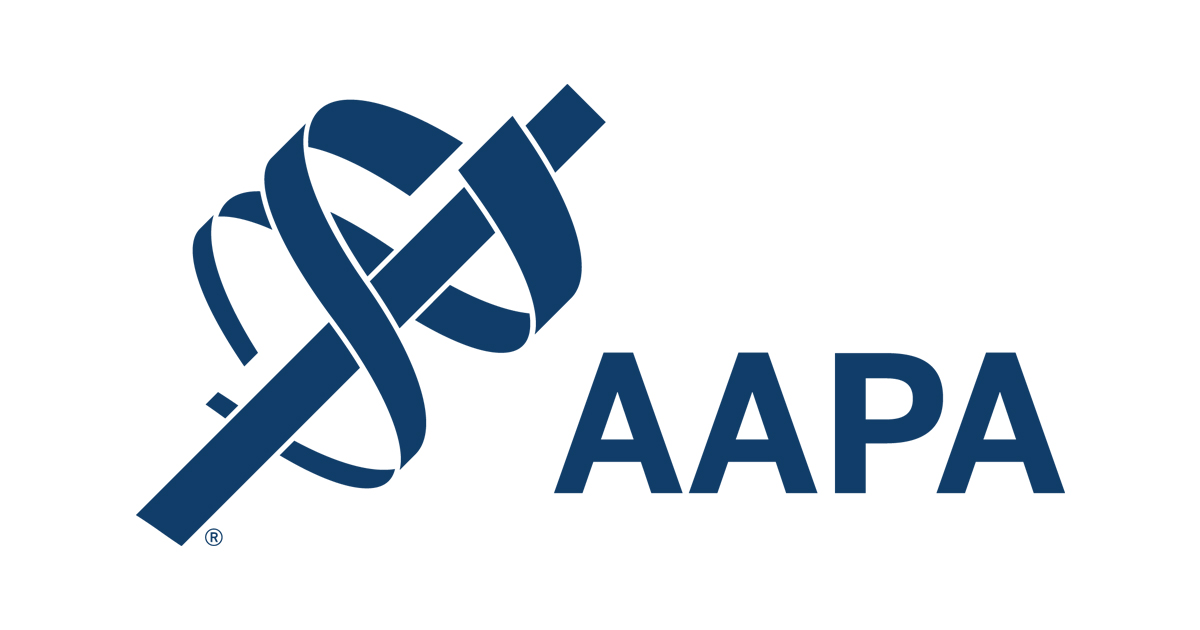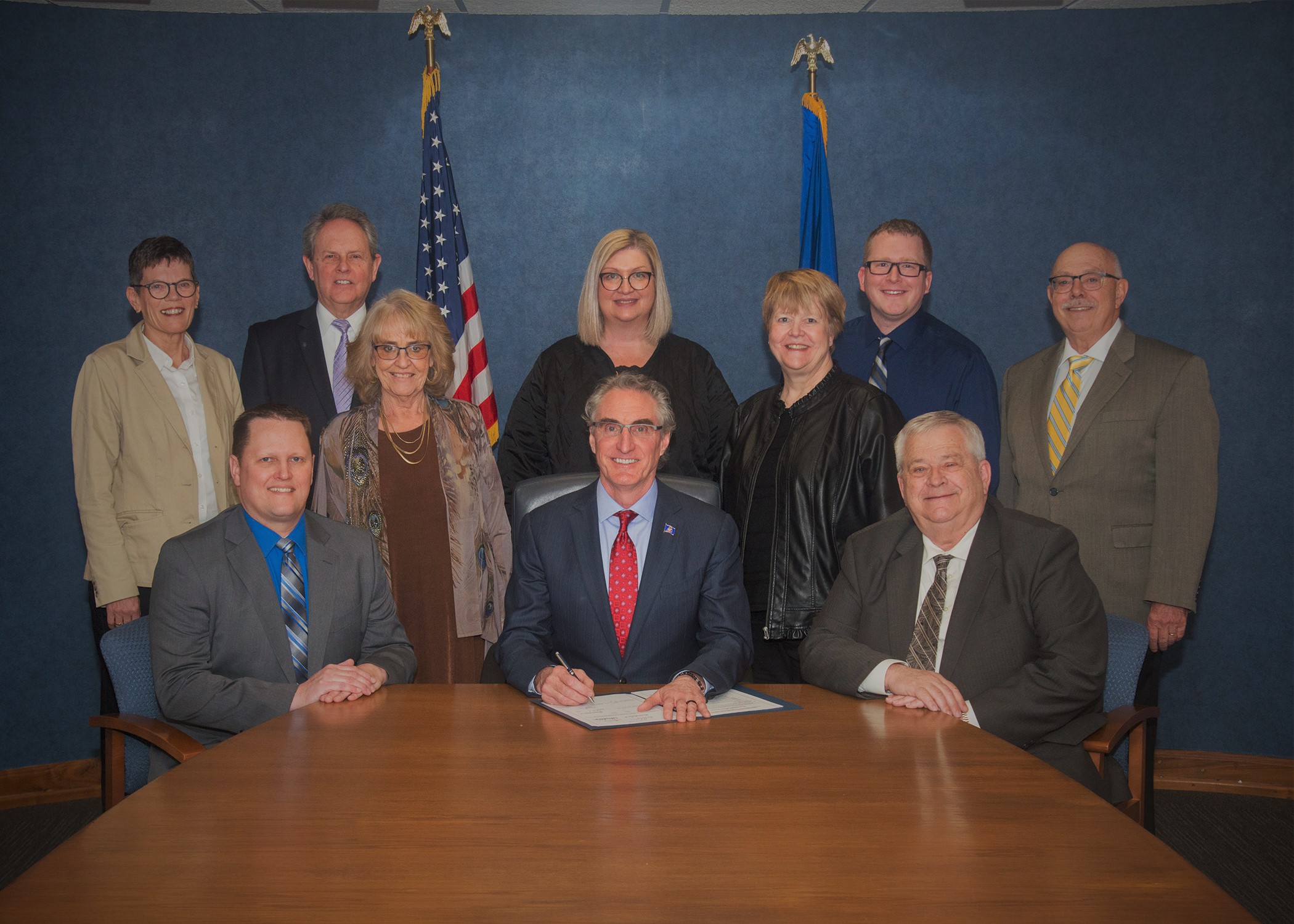Medicare’s “Incident to” Billing Hinders the Recognition and Assessment of PA Value
MedPAC’s recent report to Congress recommends eliminating “incident to” billing for PAs and APRNs. Learn more about what this change would mean – and how it would better recognize PA contributions.
June 17, 2019
